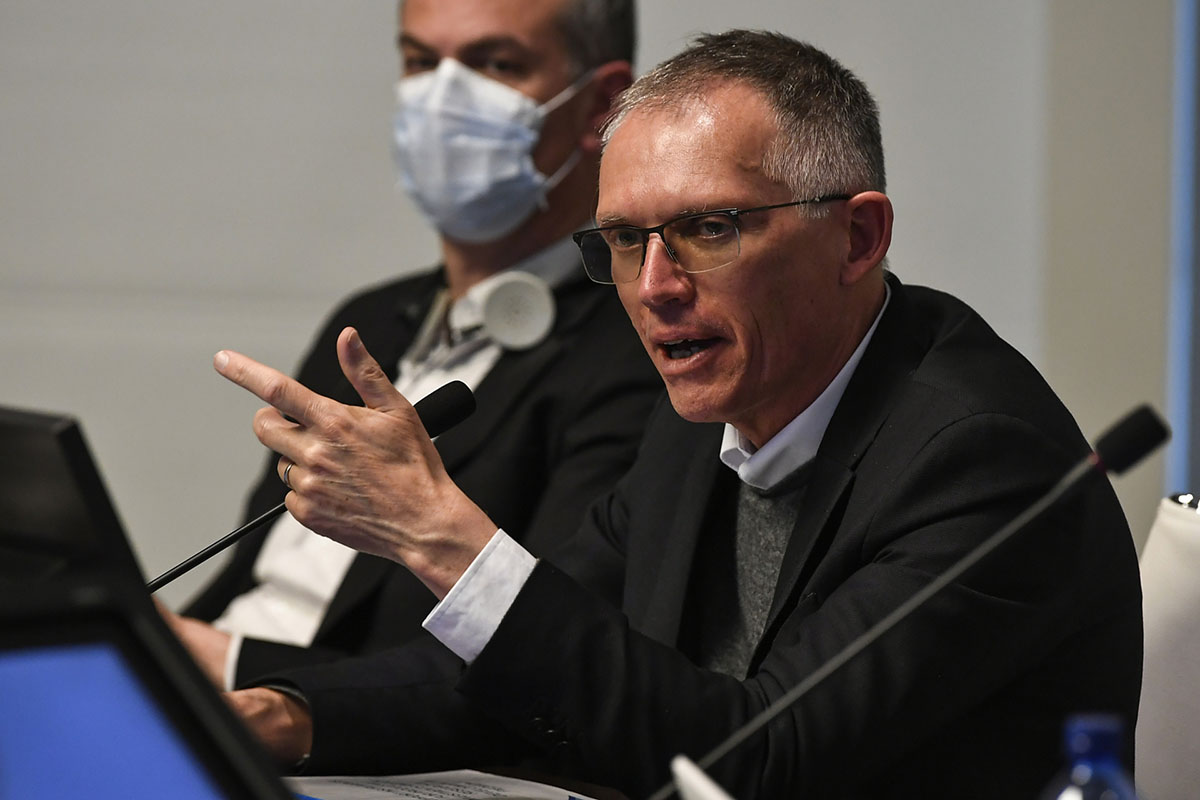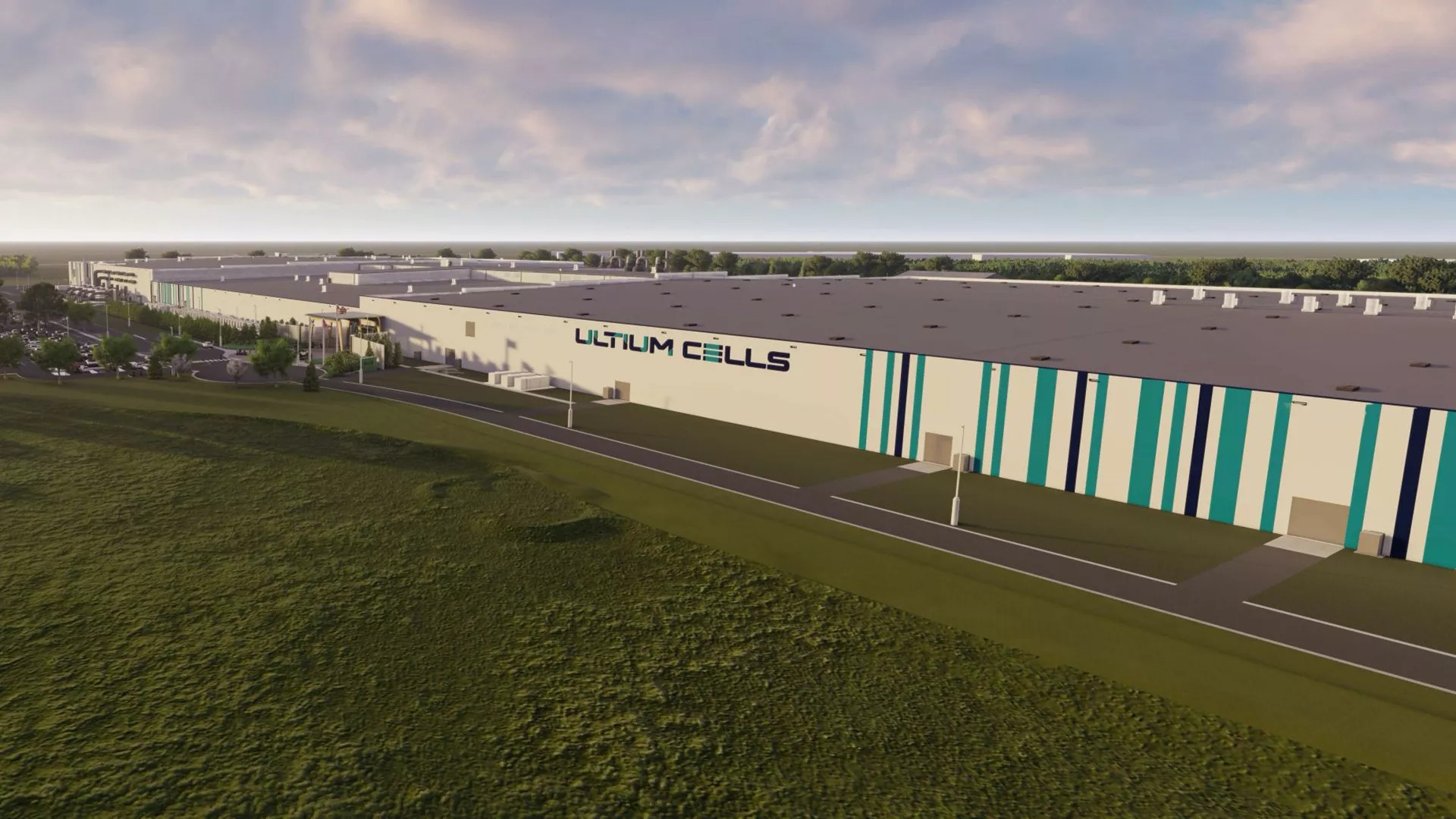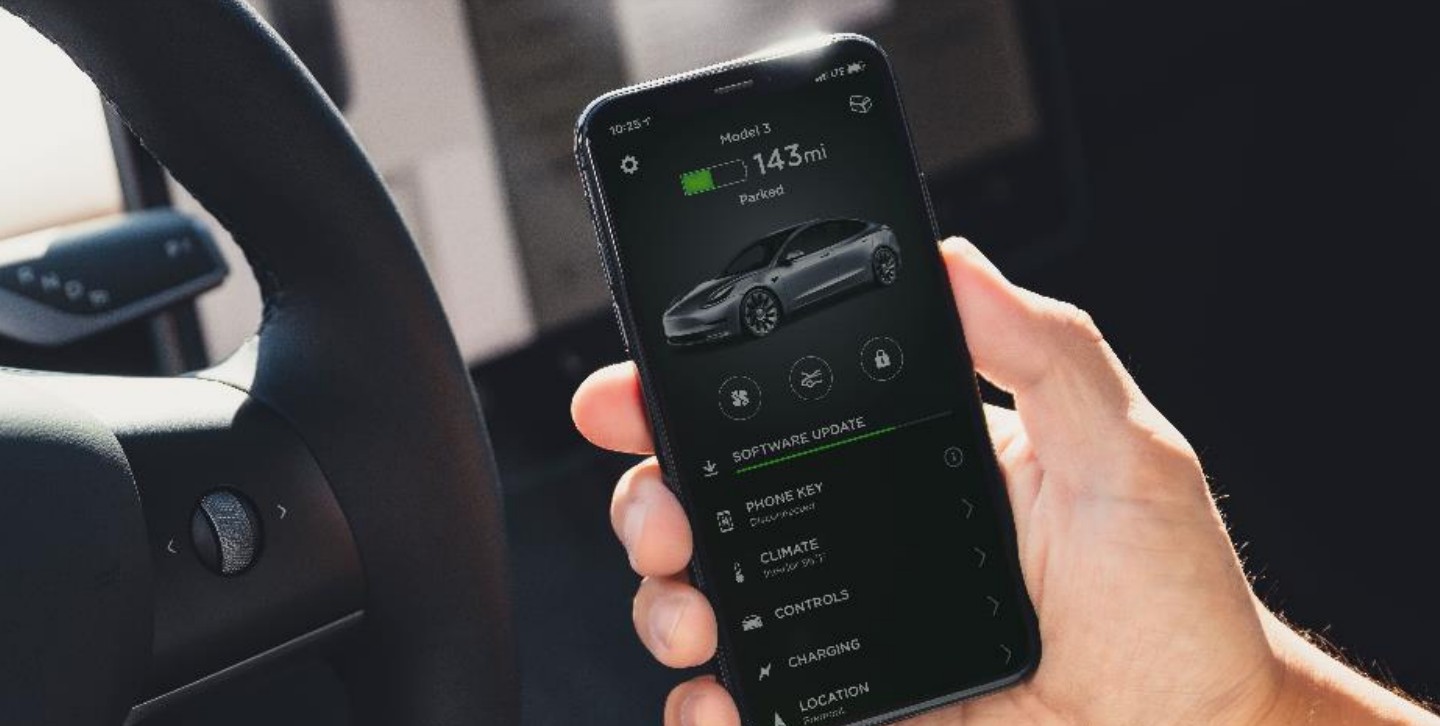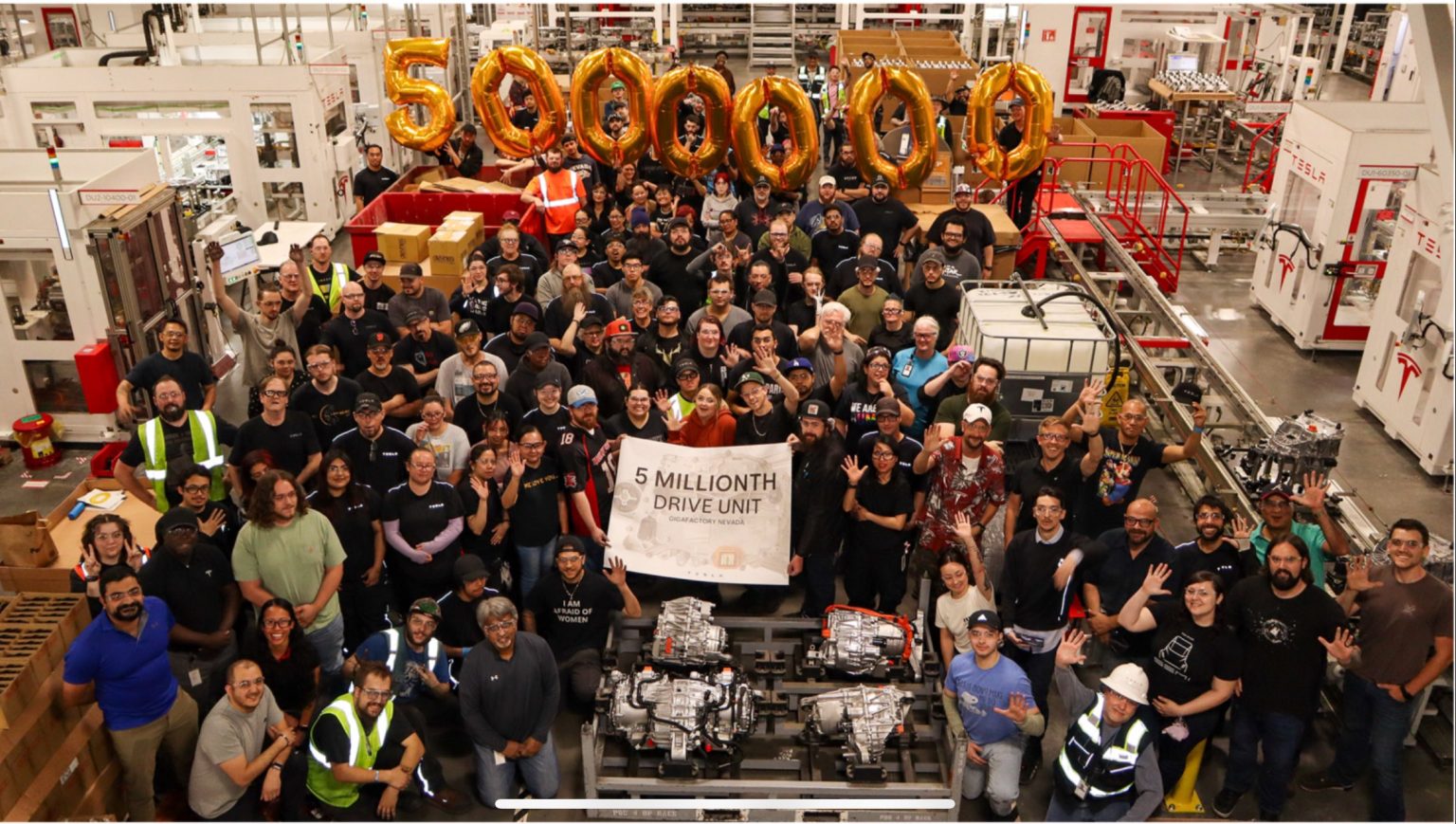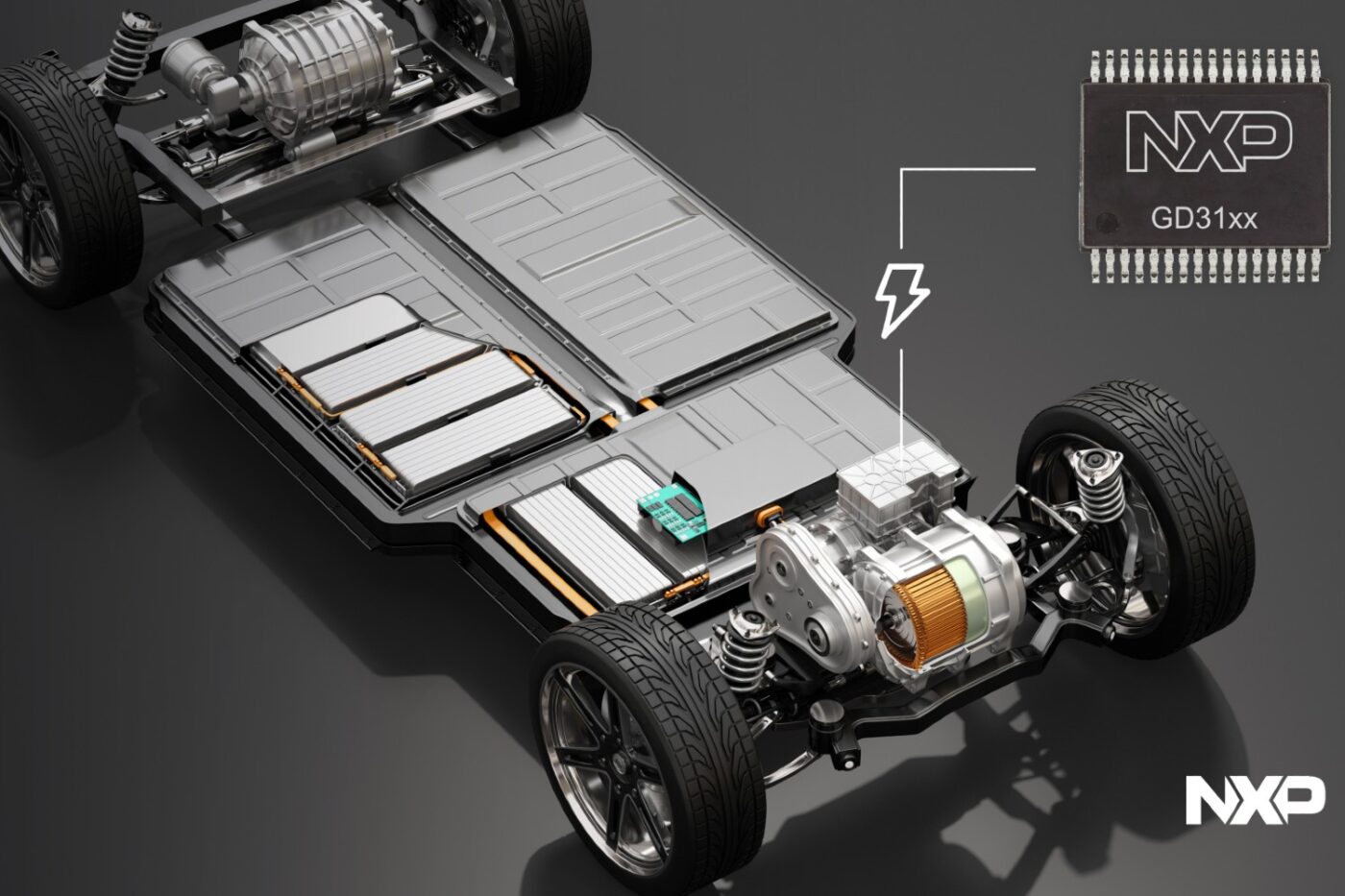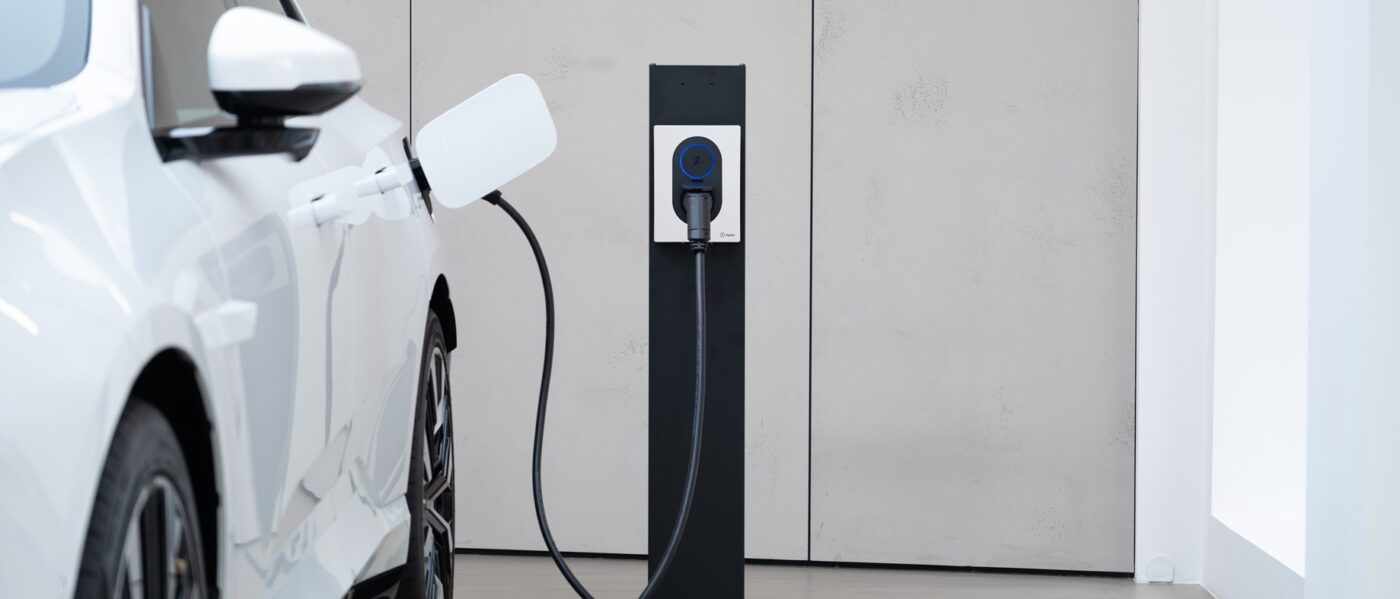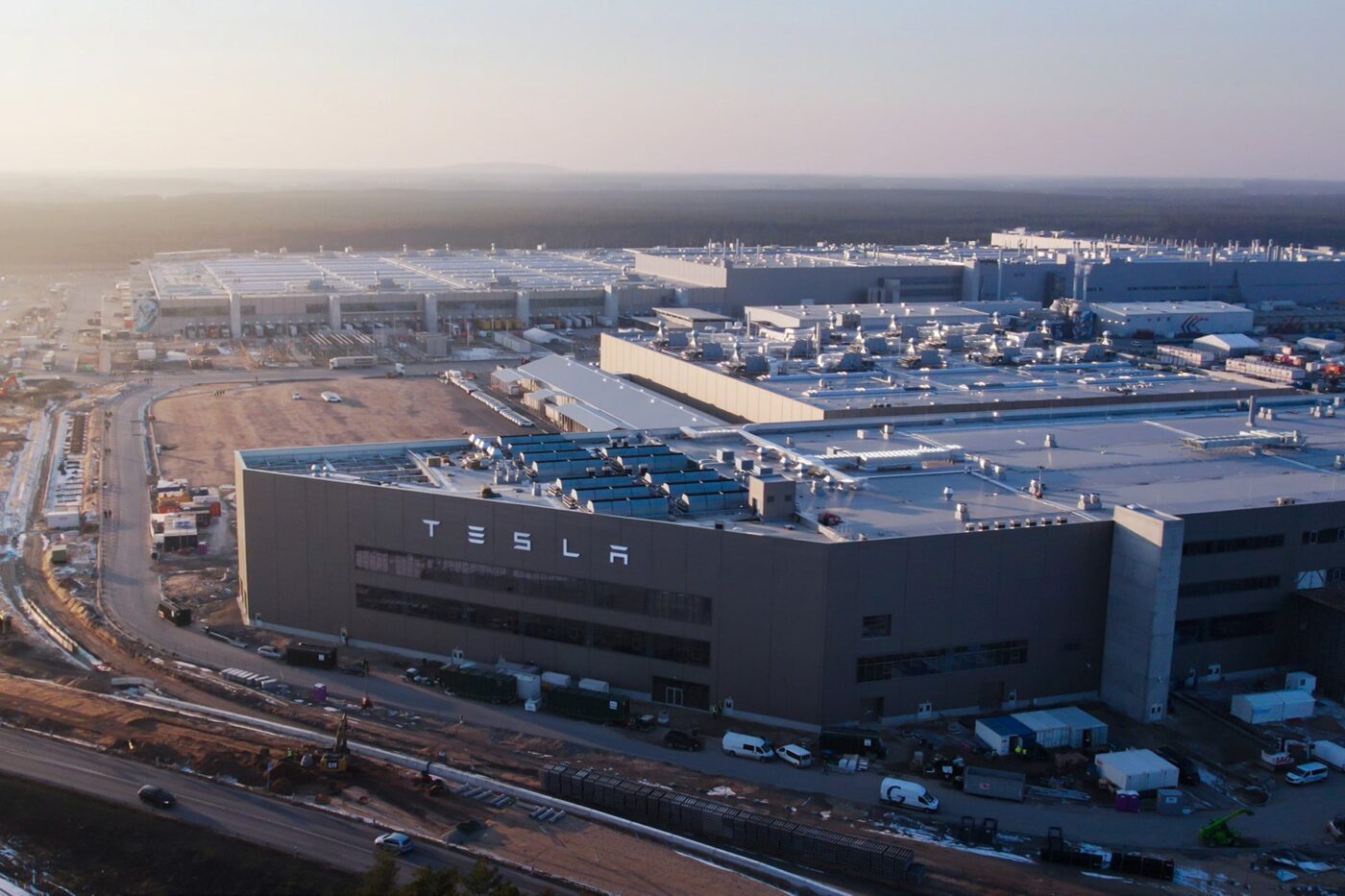Stellantis, the parent company of Fiat and Jeep, is exploring options to reduce costs in its transition to electrification, including the possibility of bringing some suppliers in-house, according to CEO Carlos Tavares.
Tavares emphasized the importance of suppliers keeping pace with Stellantis’ teams in the shift to electrification. “When suppliers are not racing at the same speed of our teams, our teams see a big benefit to in-source,” Tavares stated during a conference call from Melfi, Italy. “You come to the conclusion that what you have outsourced, you can do it in-house.”
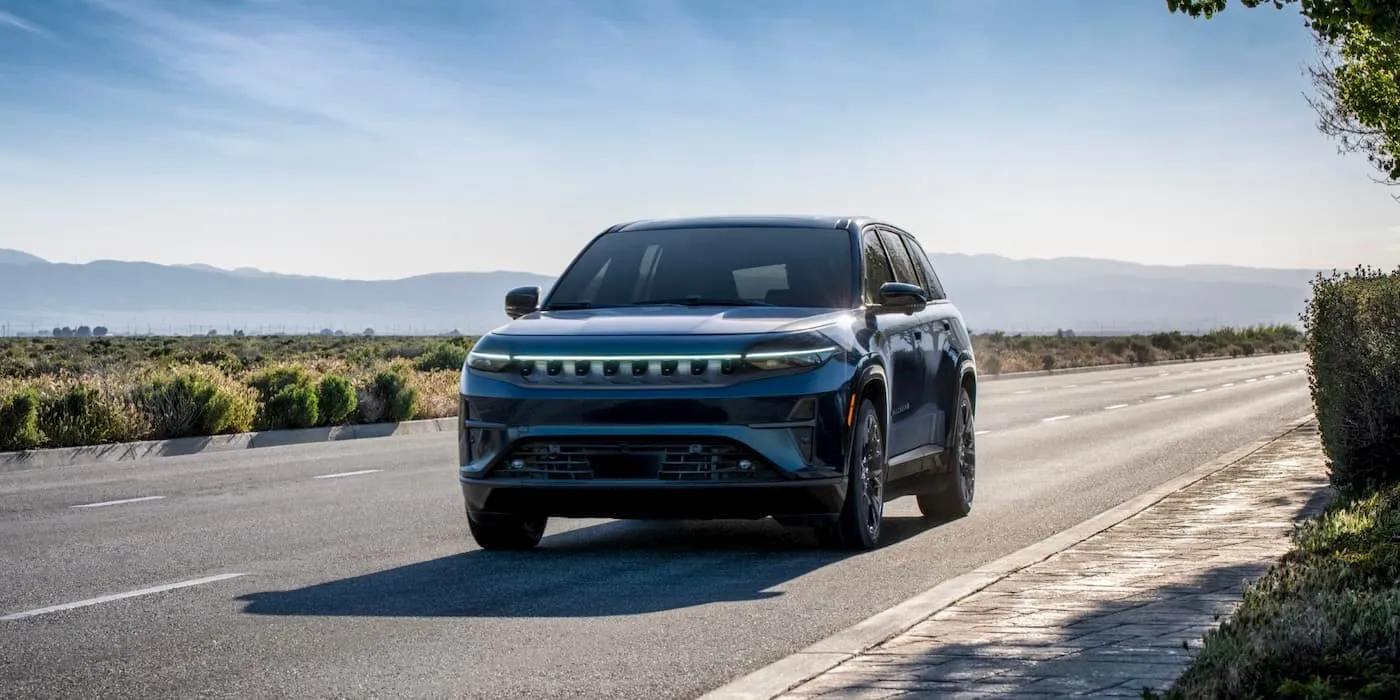
This move comes as automakers face pressure to cut costs amid slowing electric vehicle (EV) demand in Europe. Factors such as elevated borrowing costs, subdued economic growth, and waning subsidies have contributed to the challenging market conditions. Additionally, the expansion of Chinese brands in Europe, offering cheaper models, has further intensified competition.
Chinese automaker BYD, for example, plans to introduce its Seagull hatchback next year at a price below €20,000 ($21,730), increasing pressure on established automakers. Stellantis currently sources components from companies like Valeo, Continental, Magna International, Forvia, and Aptiv.
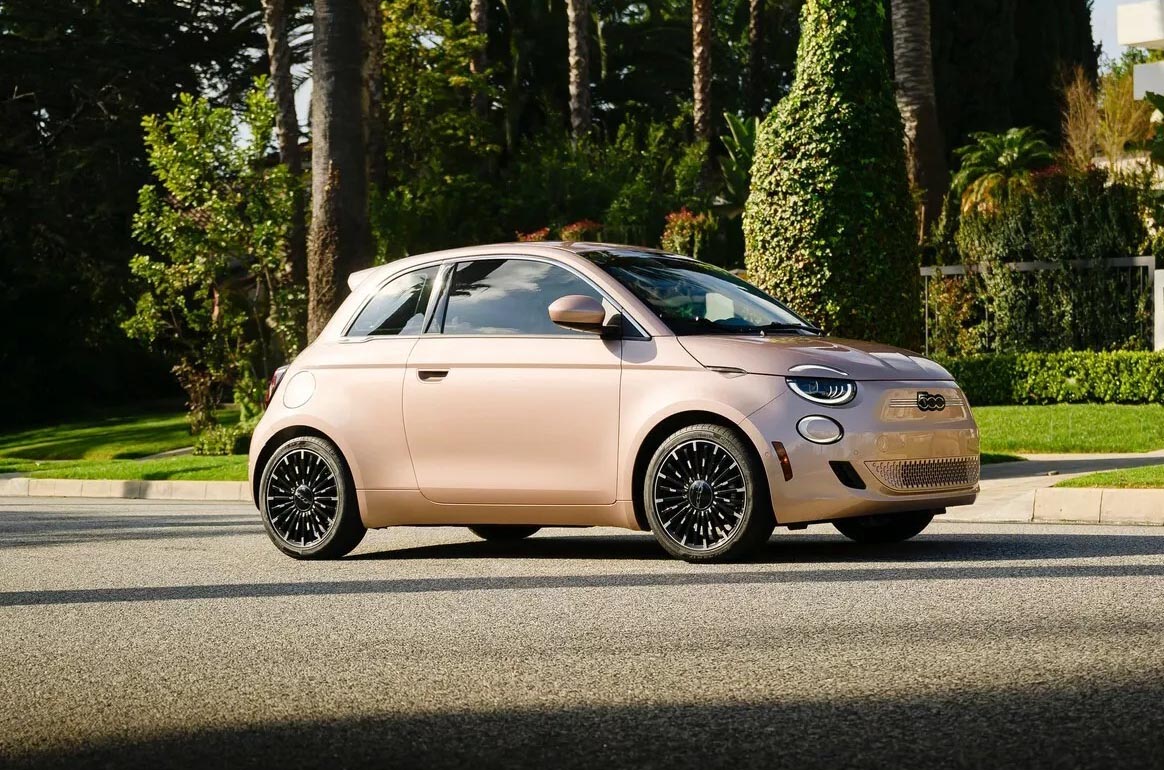
Stellantis and its partners are also adjusting investment levels for EV batteries to align with vehicle demand, Tavares noted. The company recently announced a pause in the construction of a €2 billion battery plant in Germany, in collaboration with Mercedes-Benz’s battery venture, to review plans and possibly switch to producing lower-cost cells at the site.
Discussing operations at the Melfi plant, which manufactures Jeep and Fiat models, Tavares highlighted improvements in productivity and quality. Despite job cuts in Italy, Tavares described recent talks with Italian unions as “constructive.” Stellantis supports the Italian government’s target of producing 1 million vehicles locally, but Tavares emphasized the need for a corresponding demand from buyers.

